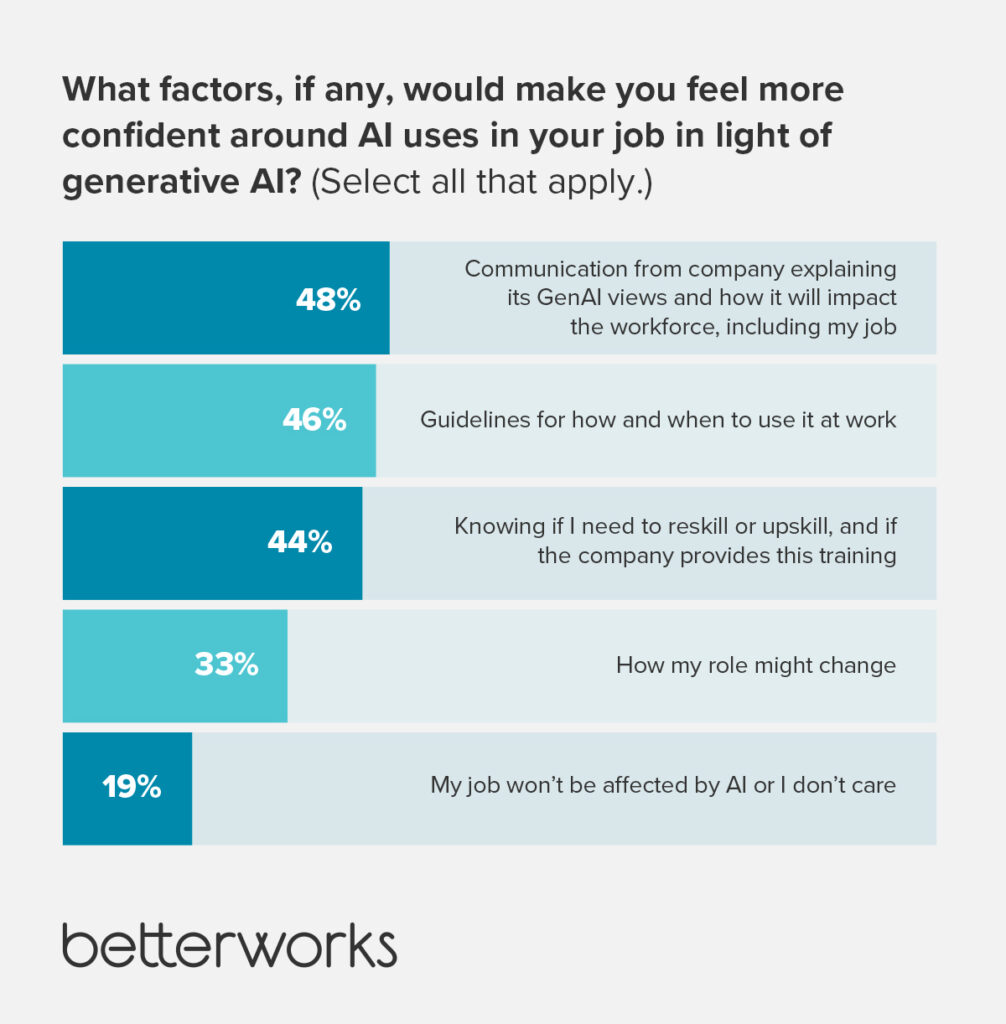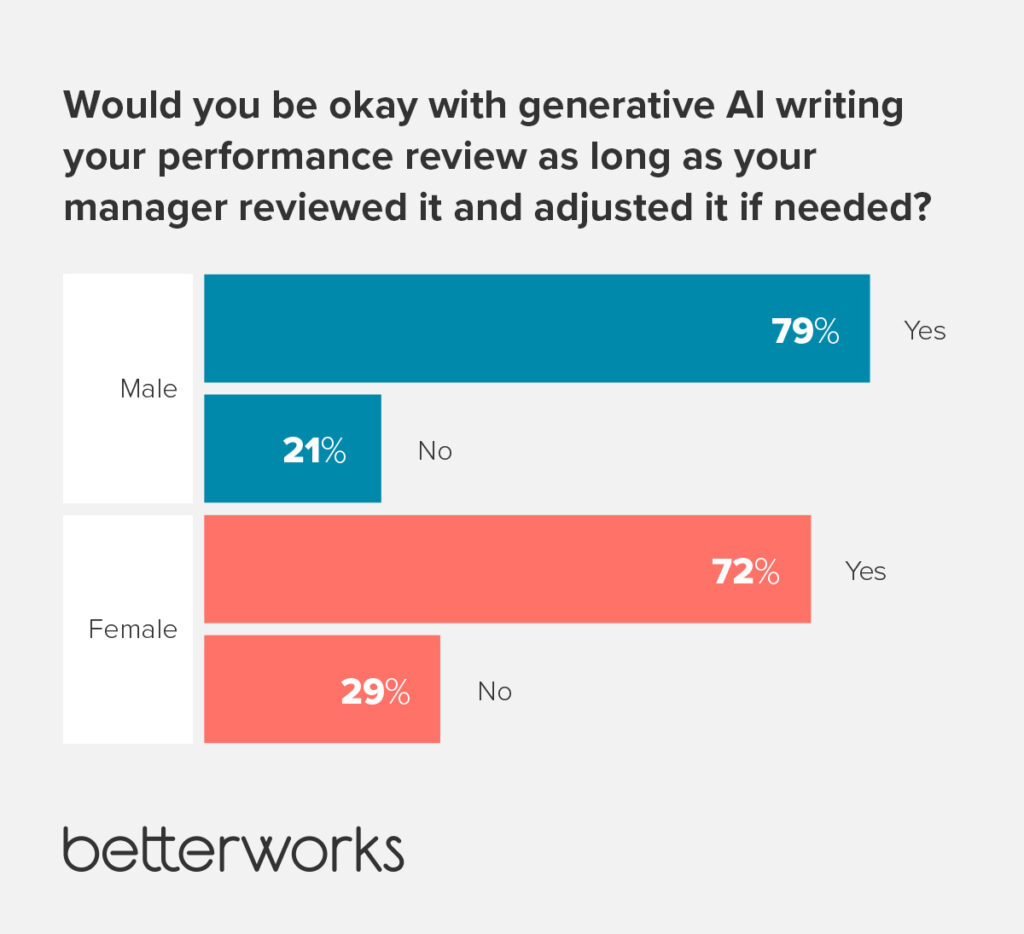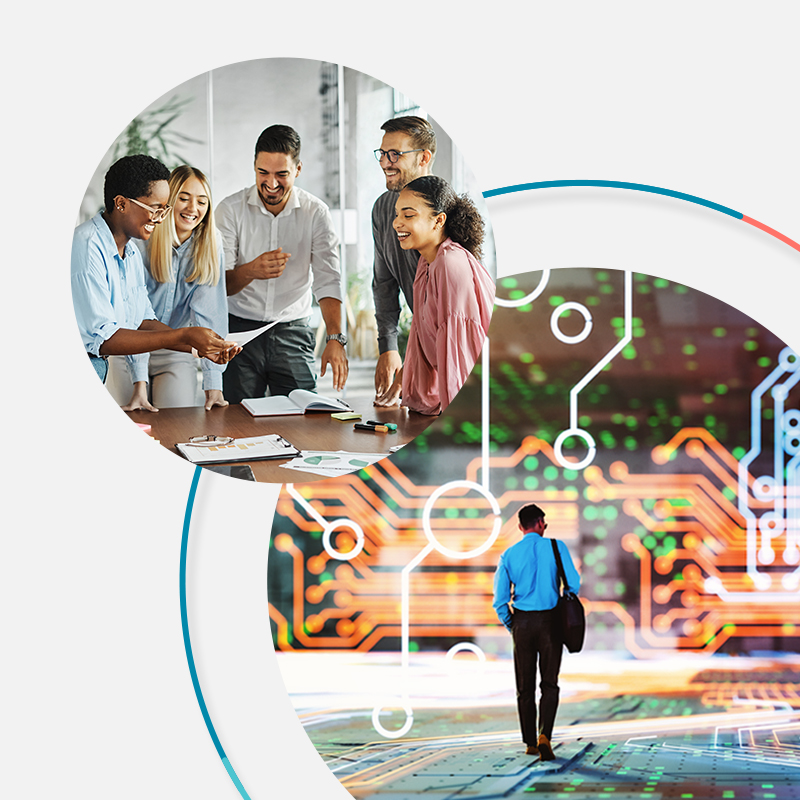The day was November 30, 2022. It was a Wednesday. Many of us were returning to the office after a holiday week where we ate too much turkey and pumpkin pie and perhaps did some Black Friday shopping or chucked the consumerism for a nice hike in the woods or a day of binge-watching our favorite programs. The news headlines that day were about Congress trying to avert a rail strike, the war in Ukraine, the U.S. win over Iran in World Cup Soccer, and recent volcanic eruptions of Mauna Loa in Hawaii.
Little did we know of the eruption about to rattle the world: ChatGPT. OpenAI introduced ChatGPT 3.5 as a part of a free research preview on that last day of November. To say it went viral is an understatement. It made headlines around the globe. It was the chatter on social media and other digital marketing channels. Soon, teachers were up in arms about students creating AI-written papers. Scientists were thinking about how to use generative AI to speed drug discovery and development. Entrepreneurs were considering how they could leverage this new technology to build apps, outstrip competitors, and gain market share. Prognosticators were talking about the opening of a Pandora’s Box that would be an instrument of good and evil in the world.
So, where are we one year later, and how are employees using generative AI at work, if we are? What do we think about it, and its impact on our jobs? Are we excited? Worried? How are organizations, managers, and HR leaders thinking about and responding to the introduction of generative AI?
To get answers, we commissioned a poll, conducted by Propeller Insights, of more than 1,000 U.S. employees and wrote a report, now available, How the Workforce is Responding to Generative AI Challenges and Opportunities: Optimism, Anxiety, and Urgency One Year After Chat GPT’s Launch.
These are some of the major findings from the report.
Organizations hesitate but employees use GenAI for all types of work
About 40% of organizations are charging ahead with evaluating and using AI. The remainder are either thinking about it, not thinking about it, or banning its use. Among those who are either not pursuing AI or are prohibiting it altogether, three-quarters see AI as too risky, don’t think it will help the organization, or don’t know where to start with AI. A recent survey by Cisco revealed that just 14% of organizations were prepared for the transition to AI even though nearly all acknowledged the increased urgency in using AI technology.
That hasn’t stopped employees, more than half of whom use GenAI at work. Surprisingly, they’re using it in ways that go beyond simple efficiency to do strategic and creative work, such as integrating ChatGPT plugins seamlessly into their workflow.
This begs the question…
Are you taking the right approach toward using GenAI in the workforce?
Whether your organization allows or restricts the use of GenAI, you need to build the proper guardrails. Employees will harness the efficiency gains GenAI provides, with or without your IT, security, and legal teams. At best, you’ve lost the ability to train your own enterprise-specific AI, and at worst, your employees are training open-source AI models with your company’s business intelligence. While you don’t want to make the same mistake as Samsung did in the spring of 2023 when employees accidentally leaked sensitive data to ChatGPT, banning its usage outright is likely an unrealistic pendulum swing that will neither serve you nor your organization well.
Employees say they also want to hear from HR to better understand how AI will impact their roles and whether and how they will need to upskill. A lack of communication between HR and the workforce can lead to confusion and unnecessary stress.

AI promises greater fairness and inclusivity
A solid majority of employees see the potential for GenAI to reduce bias across a range of HR activities — from performance reviews and training and development to career conversations, compensation, talent retention, and more. Many of them — and an even higher percentage of HR professionals — are eager to see AI implemented to reduce bias. However, they realize GenAI may be an imperfect tool, with algorithmic biases that can amplify rather than eliminate bias. The algorithms continue to improve. Still, employees want assurances that AI used in HR processes will remain fair and unbiased through activities such as algorithm audits and transparency.

Employees said they would trust AI across activities such as calibration, compensation, and writing performance reviews. They also believe AI can help companies promote equity and inclusion by identifying high-performers from underrepresented groups.
This is all good news, given the trust gap between employees, HR, company leaders, and organizations. Establishing trust is the foundation of every healthy relationship and can lead to greater engagement, productivity, and retention. AI can move organizations toward greater equity, fairness, and trust — if organizations thoughtfully implement GenAI in performance management and create the proper scaffolding to support safe and logical uses of AI among employees.
AI-assisted performance reviews can increase trust, productivity, and engagement
Would you trust AI to write a fair performance review? Many of your employees would, according to the survey results. Over 70% believe GenAI can lead to more objective and unbiased performance evaluations. If a manager has the opportunity to review and adjust it as needed, the percentage of employees willing to have an AI-generated performance review increases to 75%. For women, the trust level increases significantly.

Our 2023 State of Performance Enablement report revealed that employees who view their performance reviews as very fair and equitable have higher productivity than those who don’t — 83% versus 50% — and are more engaged than employees who don’t — 71% versus 57%. AI is one of the keys that unlocks the opportunity to meaningfully move the needle in these areas.
An AI-assisted performance management platform, like Betterworks, can gather and summarize rich data from regular manager-employee conversations, feedback, and recognition to compose comprehensive and unbiased performance reviews free from recency bias and other unintentional biases. It is these biases that cause at least 55% of employees to see performance reviews as somewhat or completely unfair, according to the 2023 State of Performance Enablement report.

AI can reduce manager stress and increase effectiveness
Manager stress and lack of support have emerged as key themes this year, and leader and manager development is a focus area of improvement for next year (Gartner Top 5 Priorities for HR Leaders in 2024). Data from RedThread Research points to a decline in organizational support for managers and the need to establish a new managerial road map for success. This new structure would reduce managerial workloads and set up processes that help managers perform their duties more effectively in a new, more relationship-focused era of hybrid and remote work.
One area where organizations can reduce managers’ workloads is in the realm of AI-assisted performance reviews. According to the Betterworks AI survey, half of managers would save over 20 hours per year by having AI write performance reviews for their direct reports. Eleven percent said AI could save them 100 or more hours per year.
The immediate benefits are three-fold: An AI-assisted solution allows managers to spend time on high-value activities like strengthening relationships and improving communications with direct reports. It also helps managers offer personalized and constructive feedback that’s unbiased, and it can transform managers into more confident coaches and leaders who are better prepared to discuss employee performance and career aspirations by having vast and accurate information at their fingertips.
A boost for all
Used with the proper safeguards and guidelines, generative AI will help organizations improve productivity and likely reduce bias, giving everyone – from the C-Suite on down – more bandwidth to focus on creative and high-value activities, and promote an environment of fairness that impacts many facets of the employee experience.
How is your workforce using GenAI?


